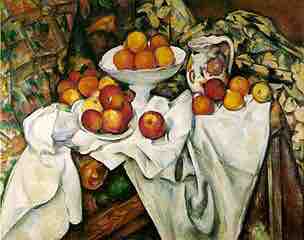Utility is a term used by economists to describe the measurement of "useful-ness" that a consumer obtains from any good or service. Utility may measure how much one enjoys a movie or the sense of security one gets from buying a deadbolt. The utility of any object or circumstance can be considered. Some examples include the utility from eating an apple, from living in a certain house, from voting for a specific candidate, or from having a given wireless phone plan. In fact, every decision that an individual makes in their daily life can be viewed as a comparison between the utility gained from pursuing one option or another .

Apples and Oranges
Utility allows you to compare apples and oranges based on which you prefer.
Utility may be positive or negative with no effect on its interpretation. If one option gives
Utility can be measured in one of two ways:
- Ordinal utility ranks a series of options in order of preference. This ranking does not show how much more valuable one option is than another, only that one option is preferable over another. An example of a statement reflecting ordinal utility is that "I would rather read than watch television. " Generally, ordinal utility is the preferred method for gauging utility.
- Cardinal utility also ranks a series of options in order of preference, but it also measures the magnitude of the utility differences. An example of a statement reflecting cardinal utility is "I would enjoy reading three times more than watching television. " Given how difficult it is to precisely measure preference, cardinal utility is rarely used.